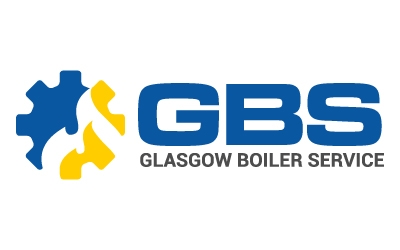Energy efficiency is now beginning to enter the minds of consumers and businesses alike. Whether the carbon footprint in your home or the use of travel to and from your workplace, the need to raise awareness and take action is gaining traction. Simple ways in which to do so include:
- Cost-cutting initiatives of the 1970s and 1980s where organisations began to outsource ‘non-core’ services.
- Management of varied services both ‘hard’, (e.g. building fabric) and ‘soft’ (e.g. cleaning, catering, and health & safety) to achieve better quality.
The facilities management sector has brought in a mix of new contractors, large multi-service companies along with in-house departments. The task to be addressed includes bettering emissions in travel and insulation of goods, ruses and recycling of goods. Bringing an understanding of why this is important to the longevity of your business.
It is estimated that the facilities management sector employs an estimated 10 per cent of the UK working population and is said to be worth £111 billion a year to the UK economy.
The skill and knowledge required in the management of facilities has now began to gather momentum, continuing to include management of an increasingly broad range of tangible assets, support services and people skills. Attracting a higher level of staff to pursue the sustainability will only strengthen the sectors growth and relevance.
Energy efficiency can be attained through the simple tasks completed in the correct way and, as many of you may find, the management of these simple tasks can be fruitful in cutting costs.
The energy used is more than likely your buildings largest expense, also very much the most unpredictable. Cost effective solution to help reduce the energy usage and improve performance and comfort:
- Upgrading your boilers, ventilation, and windows.
- Improving energy efficiency of insulation, window and doors will help improve comfort and energy savings.
- Upgrading your lighting, with energy efficient lamps, fixtures and controls.
- Control upgrades of optimizing when the lights are dimmed to allow natural light through and decreasing ventilation usage when not needed.
- Water consumption and waste water improvements, seeing as electricity accounts for 80% of all water processes.
- Renewable energy sources, solar, geothermal alternatives to improve efficiency.
- Servicing and correct maintenance of equipment to further their life cycle.
Having these practises in place will help a long way to the efficiency of your building, before you then decide to tackle other aspects, such as: lowering transport costs, packaging, labelling and uses of biodegradable products.
Outsourcing is a major topic with how to manage your costing and what way brings the best results. Facilities management is a discipline vital to the high level, strategic change required by the decision makers in daily work or living space. Financial management will become very much common practice for many organisations, to nurture their growth. Rather than those who deem it as an unwarranted overhead and not required for the business.
Brian Londsale is a managing partner of Glasgow Boiler Service. The have been experts in energy efficiency for generations. The company use their skills and knowledge to reduce the environmental impact of their customers.







